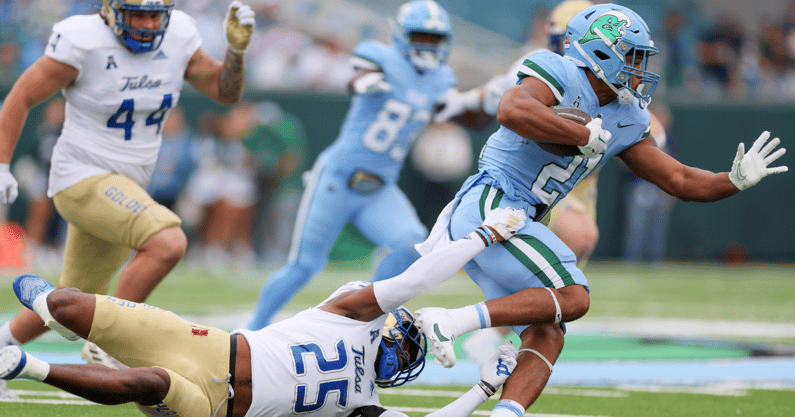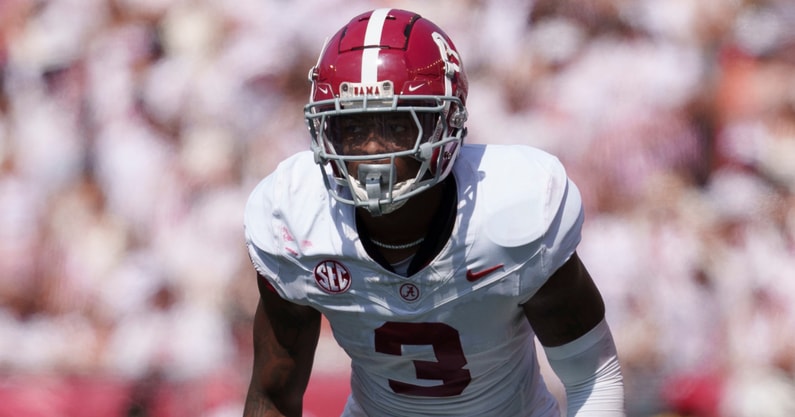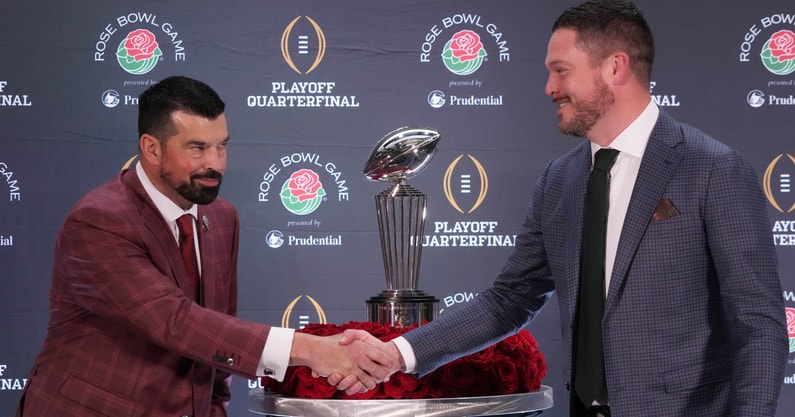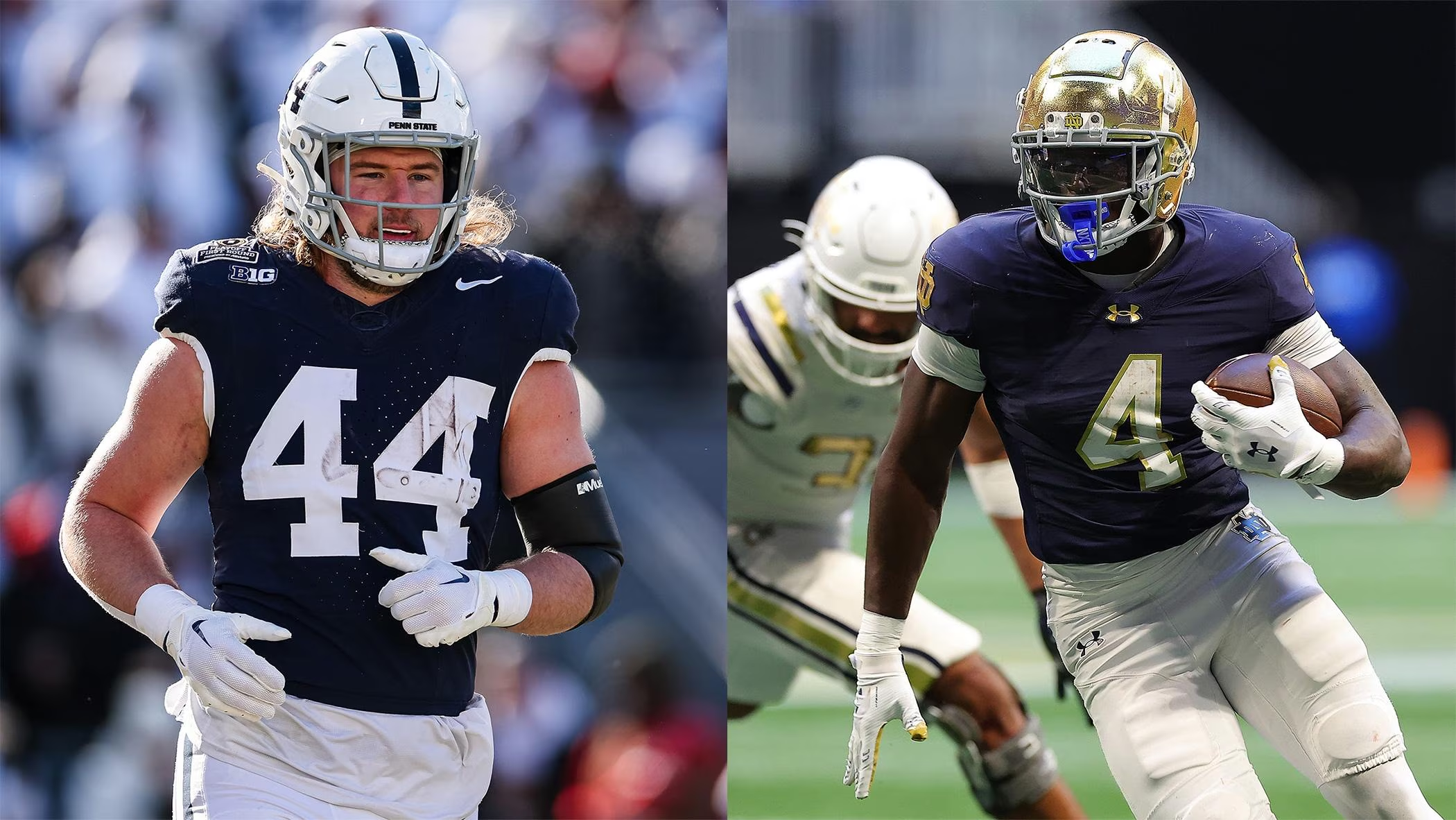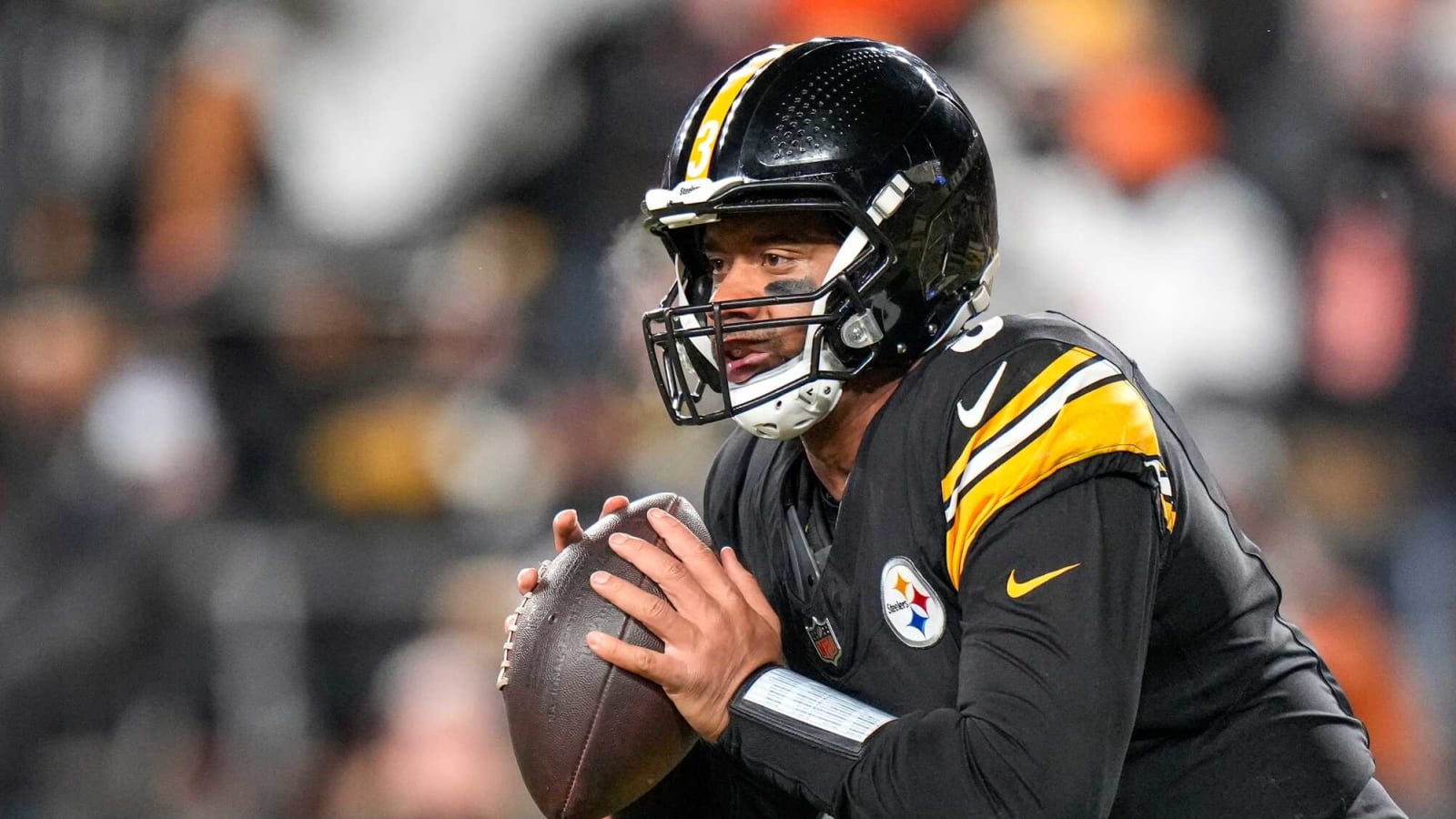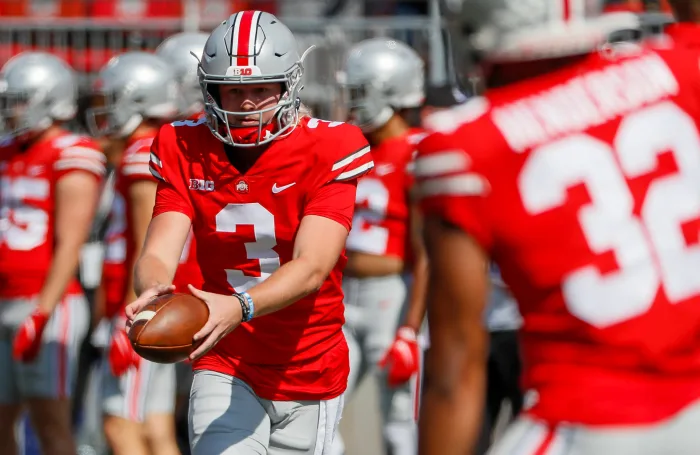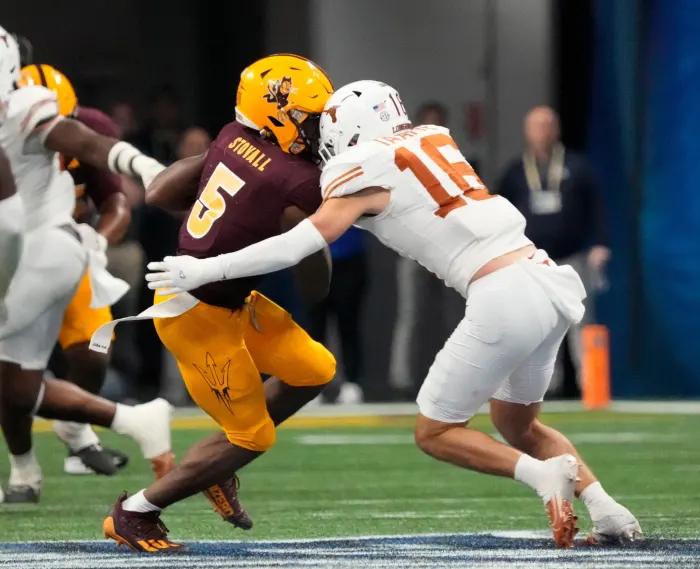
In the 2025 Peach Bowl, Texas Longhorns safety Michael Taaffe became the center of a significant controversy following a pivotal play that has since sparked widespread debate and personal backlash.
During the fourth quarter of the College Football Playoff quarterfinal against the Arizona State Sun Devils, with the score tied at 24-24, Taaffe delivered a helmet-to-helmet hit on Arizona State receiver Melquan Stovall. Despite a review by the officiating crew, no targeting penalty was assessed, a decision that drew immediate criticism from fans, analysts, and commentators.
The aftermath of this controversial no-call extended beyond the field. Taaffe revealed that he received a barrage of negative messages on social media and even through personal texts, with some individuals going to the extent of obtaining his phone number to express their displeasure. Taaffe addressed the situation, stating, “The things that were thrown my way after that game… I don’t think anyone should have to go through.”
The incident has reignited discussions about the consistency and clarity of the targeting rule in college football. Big 12 Commissioner Brett Yormark emphasized the need for national standards in officiating, particularly concerning targeting calls, and expressed intentions to address these concerns within the College Football Playoff Management Committee.
Taaffe, who began his career as a walk-on at Texas and earned a scholarship in 2022, has been a significant contributor to the Longhorns’ defense. Despite the external negativity, he remains focused on his performance and the team’s objectives. The Longhorns secured a 39-31 victory over Arizona State in double overtime, advancing further in the College Football Playoff.
This situation underscores the intense scrutiny college athletes face, especially in high-stakes games. It also highlights the broader implications of officiating decisions and the importance of clear, consistent enforcement of rules to maintain the integrity of the sport.
As the debate continues, the experiences of players like Taaffe serve as a reminder of the human element in sports, where decisions on the field can have profound personal impacts off the field.

